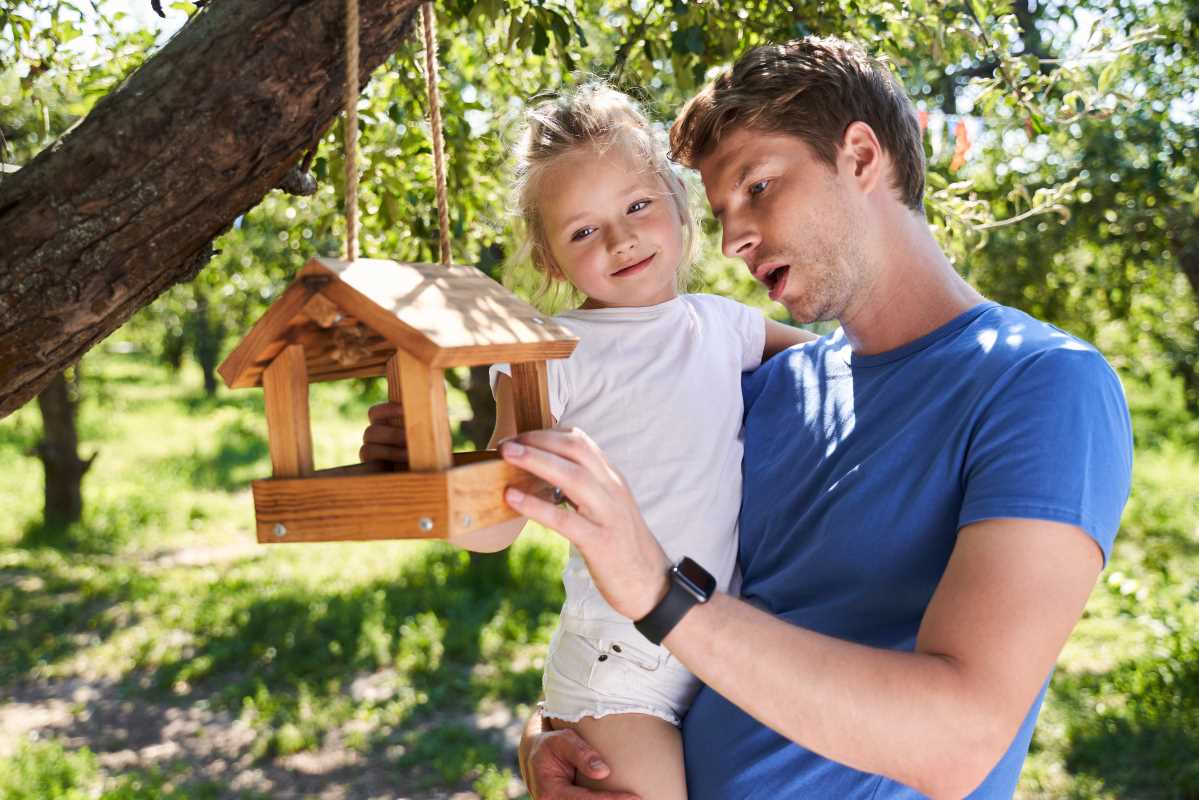Puberty is a significant developmental stage that all children go through, marking the transition from childhood to adolescence. It is a period of rapid physical, emotional, and psychological changes that can be overwhelming for both children and their parents. Understanding how to support your child through this time with patience and guidance is crucial. Here are some tips on navigating puberty and helping your child through these changes:
Understanding the Changes
Puberty typically begins around the ages of 8 to 13 for girls and 9 to 15 for boys. It is marked by physical changes such as growth spurts, the development of breasts in girls, voice deepening in boys, and the onset of menstruation for girls. These changes can be unsettling for children as they navigate their new bodies and emotions. It's essential to educate yourself on these changes to provide accurate information and support to your child.
Open Communication
Encouraging open and honest communication with your child is key during puberty. Create a safe space for them to ask questions and discuss their thoughts and feelings. Listen attentively, validate their experiences, and offer guidance without judgment. By fostering open communication, you can help your child navigate the challenges of puberty with confidence and understanding.
Emotional Support
Puberty can be an emotionally turbulent time for children as they grapple with new feelings and experiences. It's essential to provide emotional support by being empathetic, patient, and reassuring. Help your child develop positive coping mechanisms, such as engaging in hobbies, spending time with friends, or practicing relaxation techniques. Encouraging self-care and self-expression can also aid in managing emotional challenges during puberty.
Educational Resources
Seeking out educational resources on puberty can be beneficial for both you and your child. Books, online resources, and reputable websites can provide valuable information on the physical and emotional changes that occur during puberty. Sharing these resources with your child can help them understand what to expect and normalize their experiences. Additionally, consulting with healthcare professionals or school counselors can offer further guidance and support.
Encouraging Healthy Habits
During puberty, it's crucial to prioritize healthy habits that support your child's physical and emotional well-being. Encourage regular exercise, balanced nutrition, and adequate sleep to promote overall health. Discuss the importance of personal hygiene and self-care routines to instill good habits early on. By promoting a healthy lifestyle, you can help your child navigate puberty with confidence and resilience.
Supporting Peer Relationships
Peer relationships play a significant role in a child's development during puberty. Encourage your child to cultivate positive friendships, participate in group activities, and engage in social interactions. Peer support can help alleviate feelings of loneliness or isolation and provide a sense of belonging during this transitional period. Encouraging healthy social connections can boost your child's self-esteem and resilience as they navigate the challenges of puberty.
In conclusion, navigating puberty can be a challenging yet rewarding journey for both children and parents. By understanding the changes, fostering open communication, providing emotional support, seeking educational resources, encouraging healthy habits, and supporting peer relationships, you can help your child navigate this transformative period with confidence and resilience. Remember to approach puberty with patience, empathy, and understanding, and be a supportive presence in your child's journey towards adolescence.







